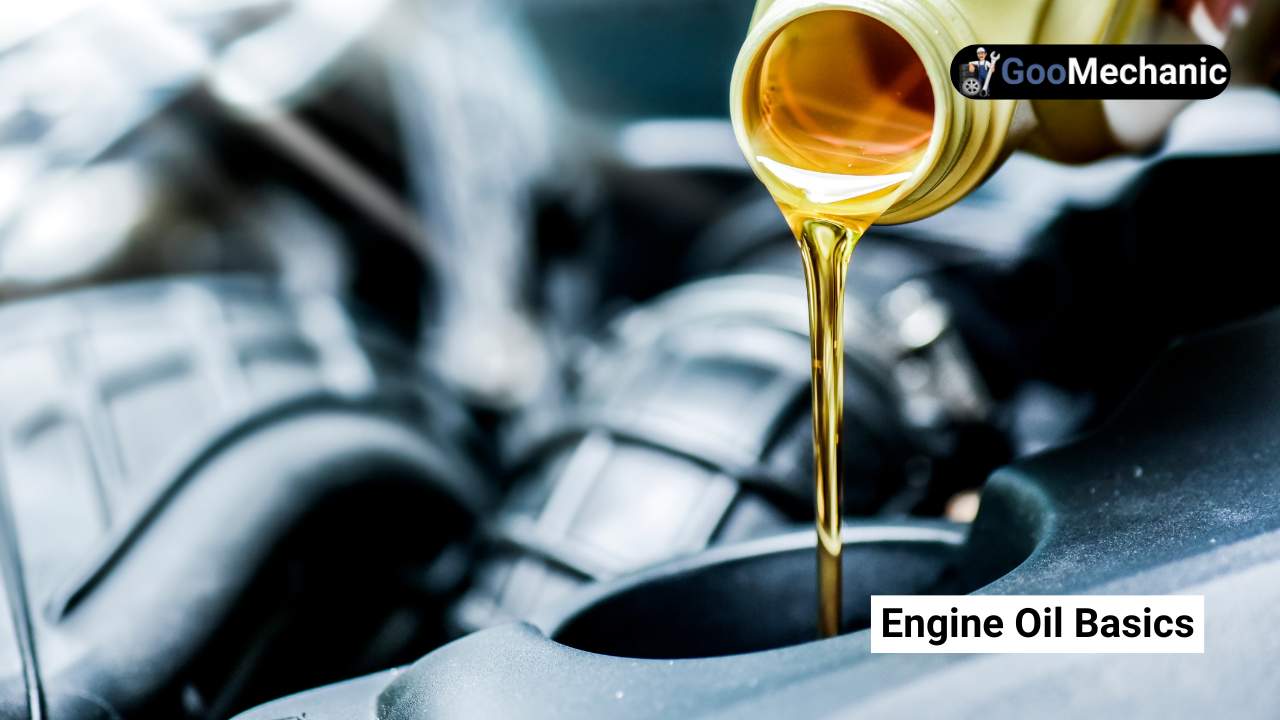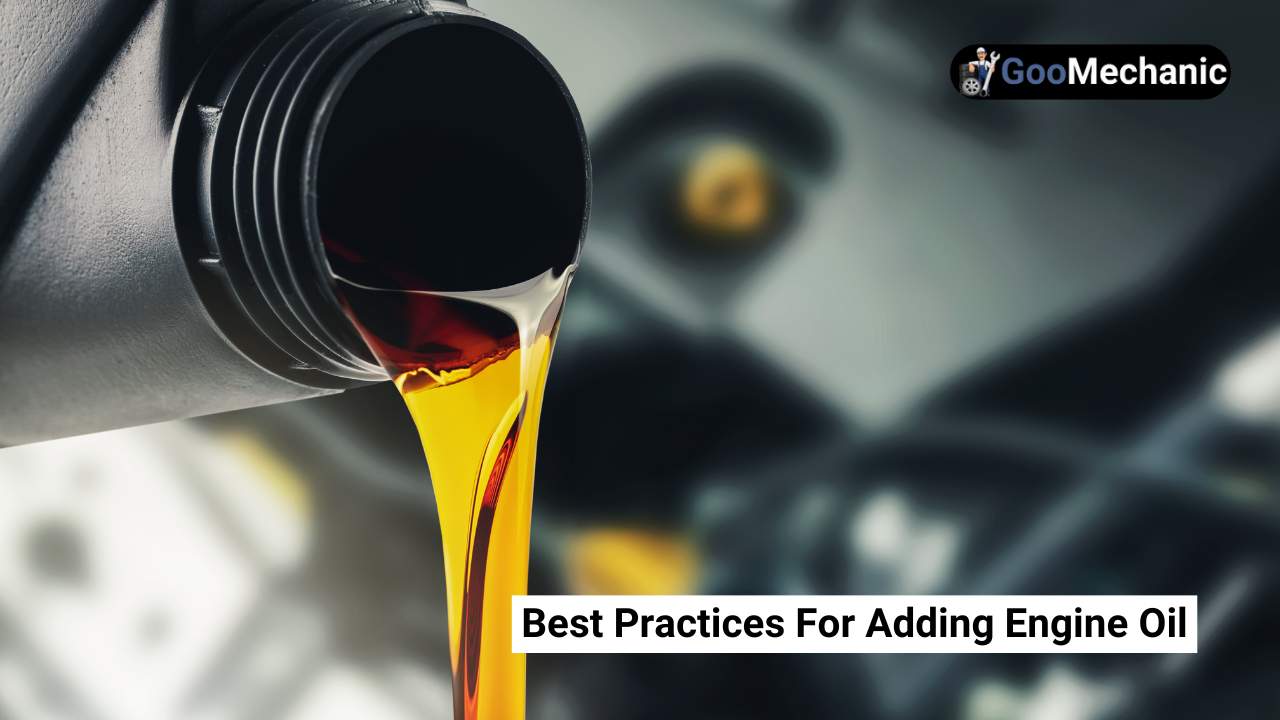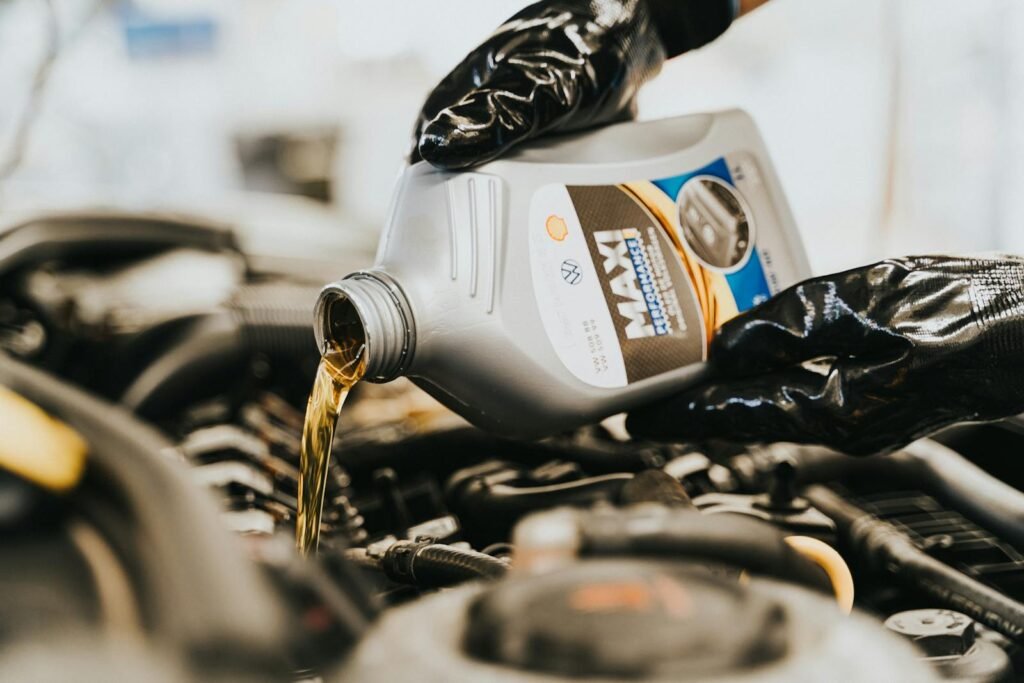No, it’s not advisable to put engine oil in a hot car. Wait for the engine to cool down.
Adding engine oil to a hot car can be risky. Engine components are extremely hot after operation, which can lead to potential burns or injuries. Additionally, hot oil can expand and cause inaccurate readings on the dipstick. This could result in overfilling, leading to engine damage.
Always check and add oil when the engine is cool. This ensures accurate measurements and safer handling. Regular maintenance is crucial for optimal engine performance and longevity. Ensuring the engine is cool before adding oil is a simple but essential step. This practice prevents potential hazards and maintains your car’s efficiency.
Engine Oil Basics

Understanding the basics of engine oil is crucial for your car’s health. Engine oil plays a key role in keeping your engine running smoothly. Let’s dive into its functions and types.
Functions Of Engine Oil
Engine oil has several important functions. These include:
- Lubrication: Reduces friction between engine parts.
- Cooling: Helps to dissipate heat from the engine.
- Cleaning: Removes sludge and deposits from the engine.
- Sealing: Seals gaps between piston rings and cylinder walls.
- Protection: Prevents corrosion and rust inside the engine.
Types Of Engine Oil
There are several types of engine oil. Each type has unique properties. Here are the main types:
| Type | Properties |
|---|---|
| Conventional Oil | Basic and affordable. Suitable for older engines. |
| Synthetic Oil | High performance. Better for modern engines. |
| Synthetic Blend | Mix of conventional and synthetic. Balanced performance. |
| High-Mileage Oil | Special additives. Ideal for engines over 75,000 miles. |
Car Temperature And Engine Oil

The relationship between car temperature and engine oil is crucial for your vehicle’s health. Understanding how heat affects engine oil can prevent damage. Let’s explore the effects of heat and the optimal oil temperature.
Effects Of Heat On Oil
Heat can significantly alter the properties of engine oil. High temperatures can cause oil to thin. Thin oil may not lubricate engine parts effectively. This leads to increased wear and tear. Heat can also cause oil to break down chemically. This reduces its ability to protect the engine.
| Temperature | Effect on Oil |
|---|---|
| High | Thins the oil, reduces lubrication |
| Very High | Breaks down oil chemically |
Optimal Oil Temperature
Maintaining the optimal oil temperature is essential. The ideal range for most cars is between 195°F and 220°F. Within this range, oil maintains its viscosity. This ensures proper lubrication of engine parts.
- 195°F – 220°F: Optimal range
- Below 195°F: Oil might be too thick
- Above 220°F: Oil might be too thin
Regularly monitor your car’s temperature gauge. This helps in maintaining the optimal oil temperature. Doing so ensures the longevity of your engine.
Risks Of Adding Oil To A Hot Engine
Adding oil to a hot engine can be risky. It is important to understand the potential dangers. This section will cover the key risks involved in this practice.
Potential Damage
Adding oil to a hot engine can cause thermal shock. This can lead to cracks in the engine block. Thermal shock occurs when hot and cold liquids mix. It can also damage the engine’s metal parts.
Hot engines can cause the oil to burn. Burnt oil loses its lubricating properties. This can lead to increased friction. Increased friction can cause wear and tear on engine parts.
Safety Concerns
Handling hot engine oil can be dangerous. Hot oil can cause severe burns. The heat can also cause the oil to splatter. Splattered oil can damage your skin or eyes.
Pouring oil into a hot engine can lead to spills. Oil spills can make surfaces slippery. Slippery surfaces can cause accidents. Spilled oil can also damage the environment.
Opening the oil cap of a hot engine can release hot steam. Hot steam can cause burn injuries. It is important to let the engine cool first.
Best Practices For Adding Engine Oil

Adding engine oil is a crucial maintenance task for your car. To keep your engine running smoothly, it’s important to follow the right steps. This section covers the best practices for adding engine oil to your car.
Ideal Conditions
Ideal conditions for adding engine oil ensure safety and efficiency.
- Park your car on a flat surface.
- Turn off the engine and let it cool for 10 minutes.
- Check the oil level using the dipstick.
Step-by-step Guide
- Gather your materials: engine oil, funnel, and a clean cloth.
- Open the hood and locate the oil filler cap.
- Unscrew the cap and place it in a safe spot.
- Insert the funnel into the oil filler hole.
- Pour the oil slowly to avoid spills.
- Check the dipstick again to ensure the correct level.
- Screw the cap back on tightly.
- Close the hood and clean any spills.
Following these steps ensures your car receives the right amount of oil. Always use the type of oil recommended for your vehicle.
Common Myths
Many car owners wonder if it is safe to put engine oil in a hot car. There are several common myths about this topic. Let’s explore and understand the truth behind these myths.
Debunking Misconceptions
One common myth is that adding oil to a hot engine can cause damage. This myth comes from the idea that hot metal parts will react badly with the oil. Engine oil is designed to handle high temperatures. It does not cause harm when poured into a hot engine. Another myth is that oil will burn off quickly if added to a hot engine. This is false. The oil is meant to withstand high heat and will not evaporate immediately.
Expert Opinions
Automobile experts agree that adding oil to a hot engine is generally safe. They advise checking the oil level when the engine is cool for accuracy. Experts recommend using a funnel to avoid spills. They also suggest using the correct type of oil for your car. Here is a quick summary:
- Add oil slowly to avoid overfilling.
- Check the oil level with the dipstick.
- Use the right oil type for your engine.
For a quick reference, here is a table summarizing the points:
| Myth | Truth |
|---|---|
| Adding oil to a hot engine causes damage | Engine oil is designed for high temperatures |
| Oil will burn off quickly in a hot engine | Oil is formulated to withstand high heat |
Emergency Situations
Emergencies can arise suddenly while driving. Knowing how to handle them is crucial. One common emergency is an overheating car. This situation can be stressful, but understanding what to do can save your engine.
Handling Overheating
Overheating happens when the engine gets too hot. It can cause serious damage. Here’s how to handle it:
- Pull over safely and turn off the engine.
- Open the hood to let the engine cool.
- Check the coolant level once it’s cool.
- If low, add coolant if available.
Never add coolant to a hot engine. It can cause severe burns.
Temporary Solutions
If you don’t have coolant, engine oil can be a temporary solution. Here’s how:
- Wait for the engine to cool down.
- Check the oil level using the dipstick.
- If low, add a small amount of oil.
- Restart the engine and monitor the temperature.
Remember, this is only a temporary fix. Seek professional help soon.
| Steps | Action |
|---|---|
| 1 | Pull over and turn off the engine. |
| 2 | Open the hood to cool the engine. |
| 3 | Check coolant levels. |
| 4 | Add coolant if available. |
Frequently Asked Questions
What Happens If You Put Engine Oil In A Hot Car?
Adding engine oil to a hot car can cause burns. Oil may not distribute evenly, risking engine damage. Always wait for the engine to cool.
Should I Let My Car Cool Down Before Adding Oil?
Yes, let your car cool down before adding oil. Hot oil can cause burns and inaccurate readings.
Can You Fill Engine Oil When Hot?
Yes, you can fill engine oil when hot. Ensure the engine is off and the oil isn’t too hot.
Can You Leave Oil In A Hot Car?
No, you shouldn’t leave oil in a hot car. High temperatures can degrade the oil and cause safety hazards. Keep oil stored in a cool place.
Conclusion
Putting engine oil in a hot car can harm your engine. It’s best to wait until it cools down. This simple step can extend your engine’s life and maintain performance. Always follow your vehicle’s manual for the best practices. Taking care of your engine ensures a smoother and safer drive.

